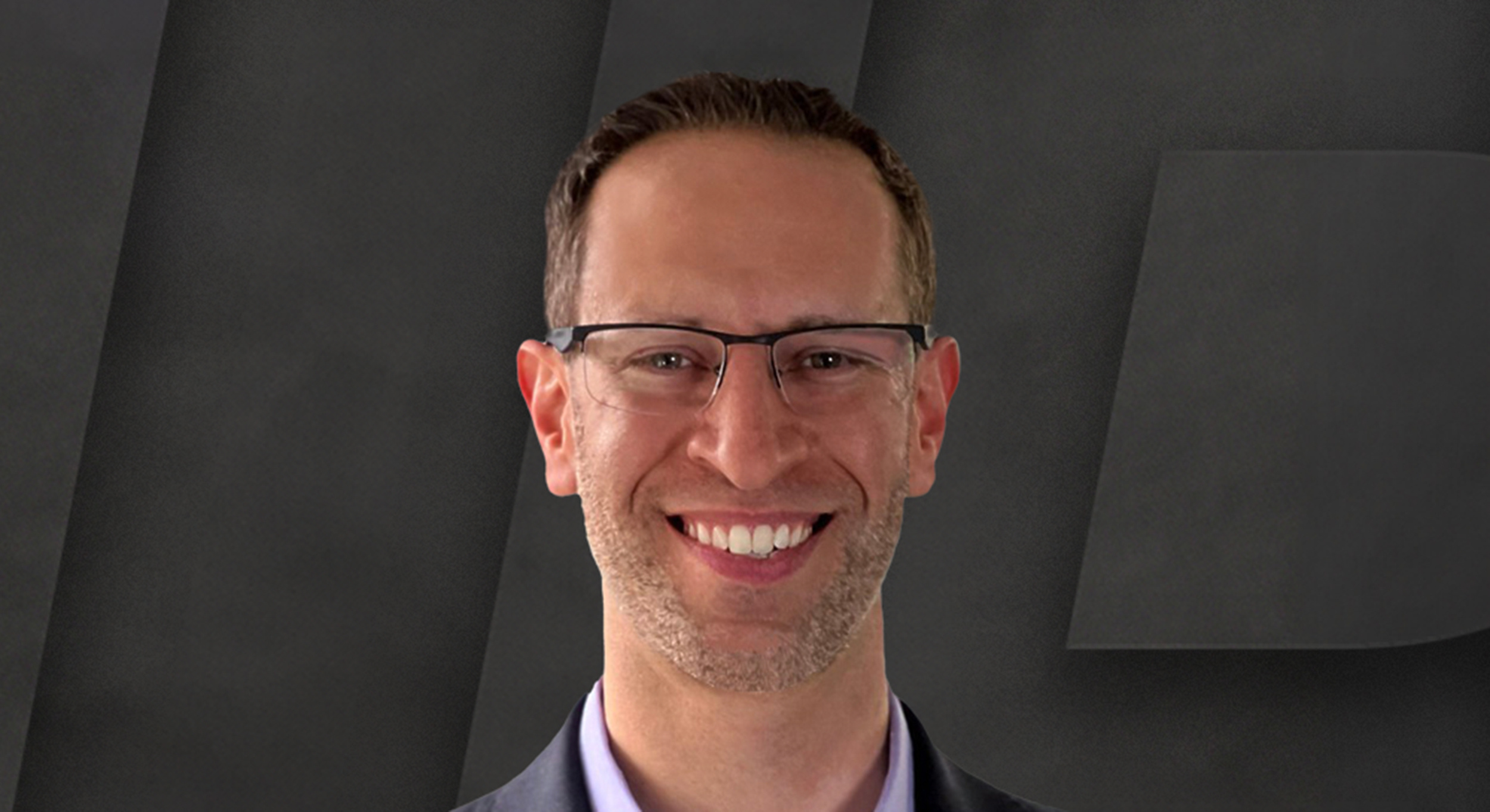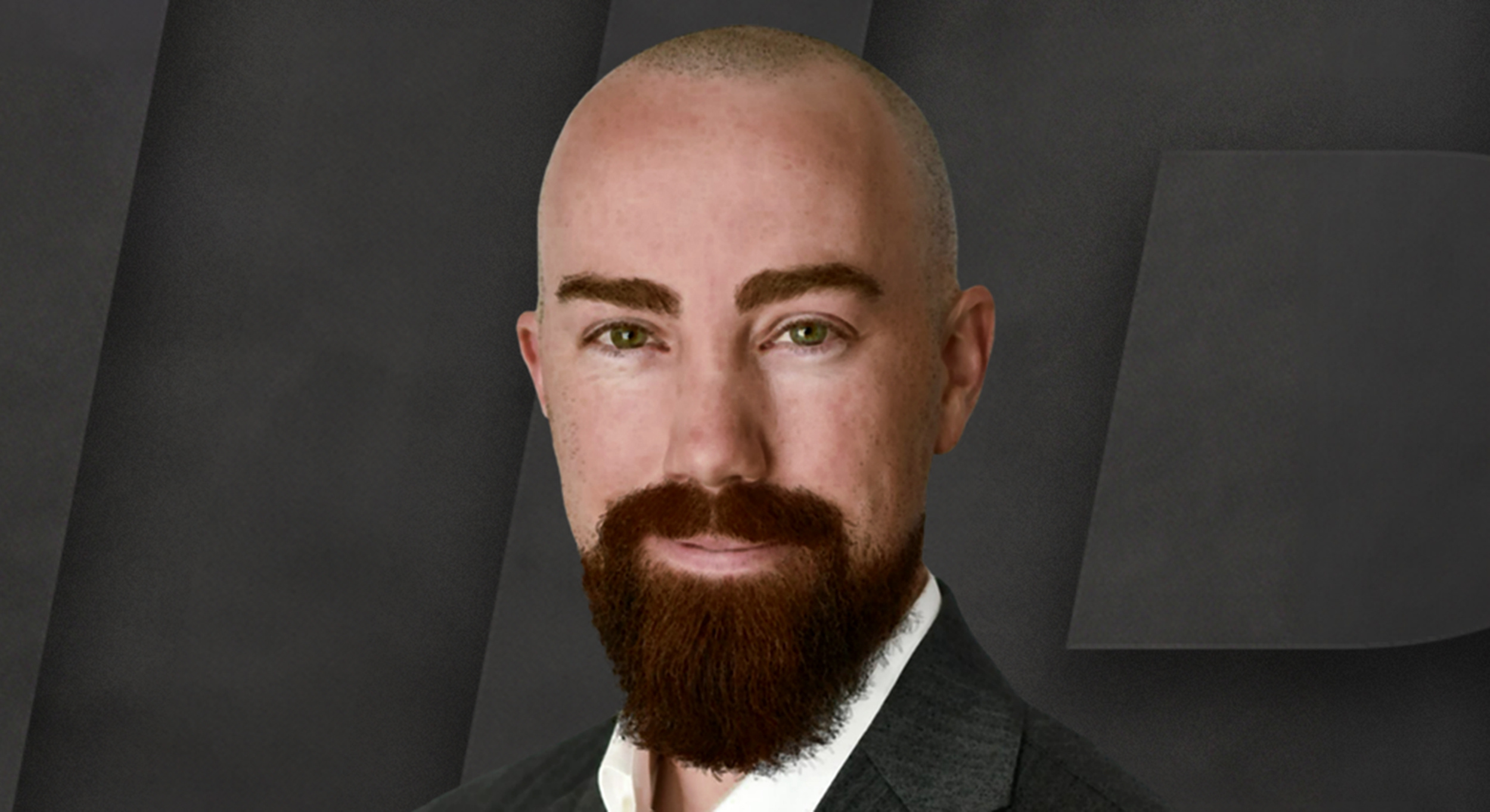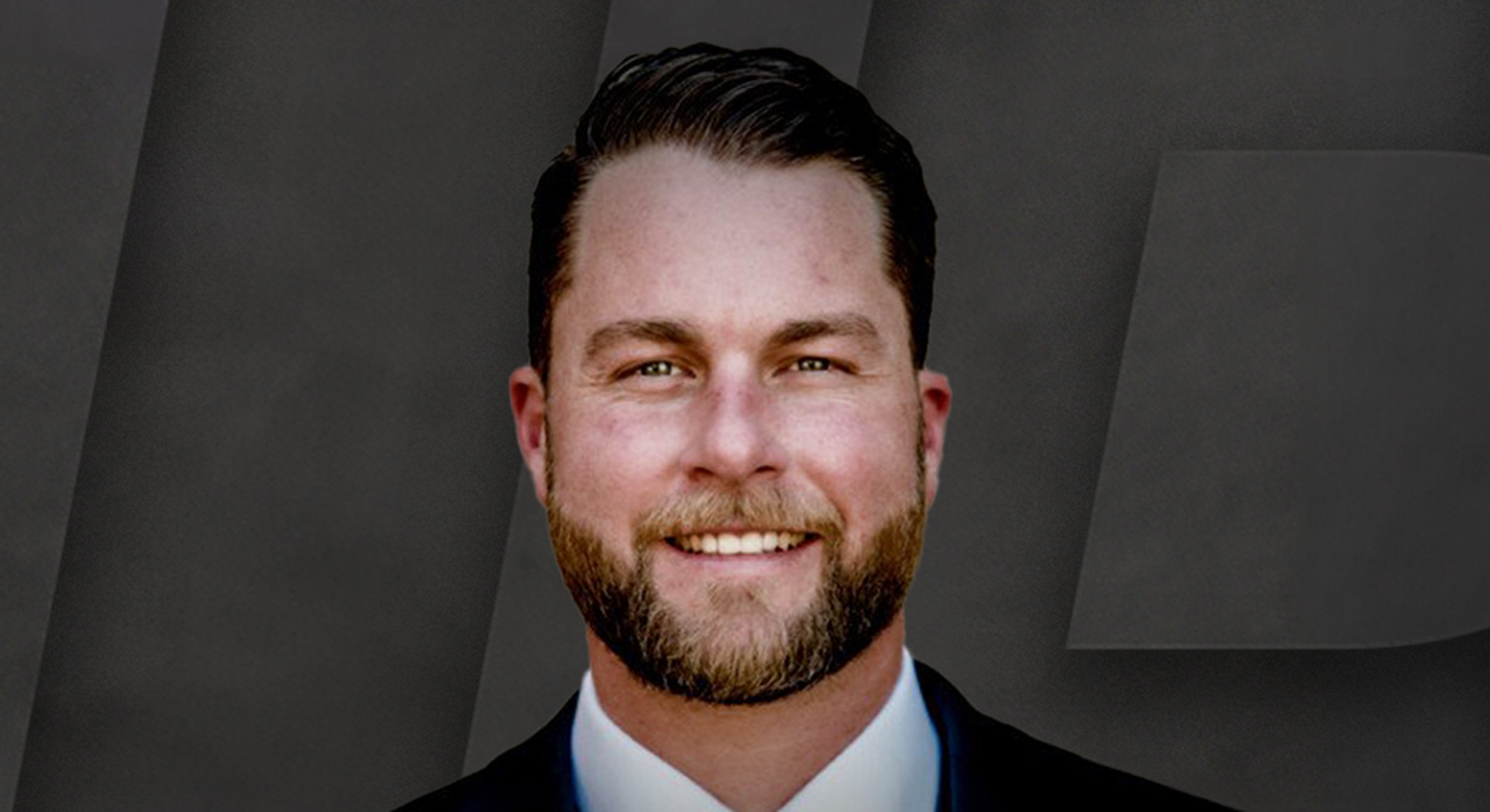EP 25 — goTenna’s Ari Schuler on Overcoming Challenges in Educating Customers About New Technologies
by Chris Petersen on Sep 05, 2024

On this week's episode of the DIB Innovators podcast, David speaks with Ari Schuler, CEO of goTenna, to explore the transformative journey of his company. Ari discusses goTenna's strategic pivot from a consumer-focused business to serving government needs, highlighting the critical decisions and innovations that drove this shift.
He shares his expertise on the power of mesh networks for reliable off-grid communication, emphasizing their importance in military and emergency scenarios. Ari also offers insights on the challenges of educating customers about new technologies and overcoming traditional biases.
Topics discussed:
- Strategic shifts from consumer markets to focusing on government and defense needs, emphasizing key decisions and innovations.
- The role of mesh networks in enabling reliable off-grid communication, particularly in remote and contested environments.
- The difficulties in educating customers about new technologies and overcoming traditional biases and resistance to change.
- The importance of mission-driven culture, along with its impact on attracting and retaining the right talent.
- The challenges of developing and implementing innovative defense technologies while navigating complex governmental requirements.
- The significance of strategic hiring in ensuring the right expertise and experience for goTenna’s growth in the defense sector.
- How demonstrating real-world applications of goTenna’s technology helps build trust and acceptance among government users.
- Insights into the future of communication technology, particularly in off-grid and contested environments.
- The importance of having clear metrics and a common language to measure the success and impact of new technologies.
Guest Quotes:
“Folks who put on the uniform, whatever that uniform is, wildland firefighting, special operations, law enforcement, you know, intel, those jobs are really friggin’ hard. And if we can give a piece of kit that's going to increase the chance of operational success, get them home safely, that is, to me, the best part of being in this seat and being in this business. Makes up for all the other frustrating things of working with the government day in, day out. All that stuff goes away when you know you got people home safely to their families.”
“It can be incredibly hard for a startup that doesn't have a background in this space you know to find the right people because there's a lot of really great people out there doing you know this work. But then I think there's some that maybe aren't as effective as what they might promise. And if you're a startup you know and you don't have that government background, it can be incomprehensible as to who to hire and who not to and how to engage in this space.”
“You are not relying on the cell infrastructure. You can build these networks either to be permanent or ad hoc. And when you think about natural disasters, military operations, covert operations, the ability to quickly stand up these massive networks that can move critical data, that's a very hard network to detect, is something that is very, very appealing to a lot of customers.”
“I think the challenge that everyone struggles with, what every startup, especially the ones like us who are 100% B2G, we don't have a commercial business on the side, is getting into programs of record. True transition, that still is a big challenge.”
Get in touch with Ari Schuler:
Get in touch with your host, David Graff:
Listen to more episodes:
You May Also Like
These Related Stories

EP 18 — Long Capture’s Russell Long on Crafting Winning Government Proposals for Startups

EP 21 — AWS’s Travis Goldbach on Future Trends in Cloud Security and Zero Trust



No Comments Yet
Let us know what you think